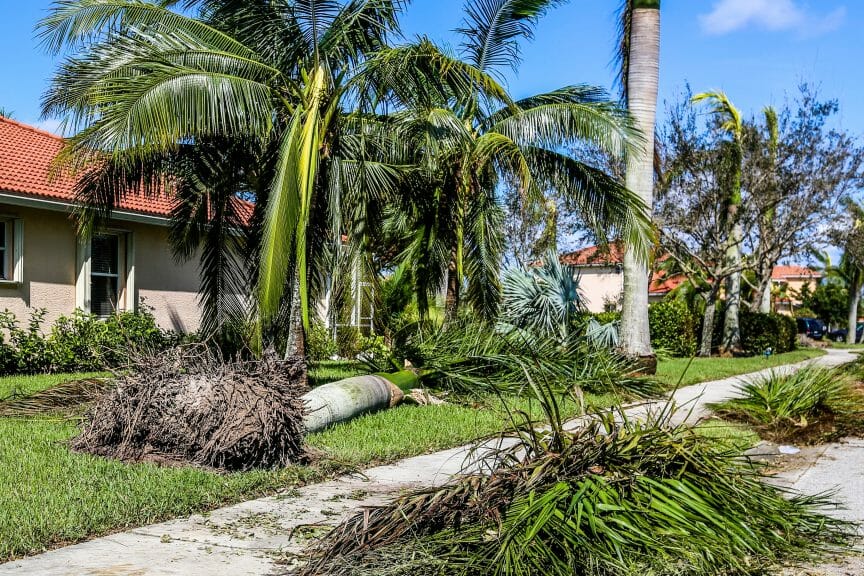Down in the Sunshine State, Florida residents aren’t just battening down the hatches when a hurricane like Idalia looms large on the horizon; they’re also bracing for a financial tempest.
Why, you ask?
Well, it all comes down to a fractured home insurance market that’s leaving folks from Pensacola to Key West with wallets as empty as a hurricane-swept beach.
In a cruel twist of fate, climate change is cranking up the intensity and frequency of hurricanes in Florida. Couple that with a tidal wave of fraud and an avalanche of frivolous lawsuits, and you’ve got dozens of insurers slamming the door shut on home insurance in the state. Just last month, even Farmers, a major player, threw in the towel. As a result, many Floridians are flocking to Citizens Property Insurance Corporation, a government-backed entity hailed as the “insurer of last resort” for folks who can’t snag affordable private policies, especially those living on hurricane-prone coastal turf.
In the not-so-distant past, Citizens was a lifeline for a select few, but these days, it’s often the only buoy in the stormy sea of insurance options. In 2019, Citizens had a relatively modest 400,000 home insurance policies on its books. Fast forward to today, and that number has ballooned to over 1.3 million, nearly twice as many as the next-largest insurer in the state.
With a hefty chunk of Florida homeowners clinging to Citizens policies, each hurricane season morphs into a high-stakes gamble for almost every wallet in the state. When a regular insurance company faces colossal losses, it might go belly-up. But Citizens, oh no, it doesn’t have that luxury. If a hurricane tears through a horde of Citizens-covered homes, and the bills pile up higher than a Category 5 wave, brace yourselves for an “assessment.”
That’s when state law steps in, and Citizens starts slapping fees on private insurance policies all over Florida to foot the bill. And don’t think it’s only property insurance policyholders feeling the pinch. Even if you’re in Florida with auto insurance but no house to call your own, you could still be cutting checks to help homeowners rebuild after a major storm.
Mark Friedlander, a spokesperson for the Insurance Information Institute, spells it out: “We’ve got a boatload of fixed-income senior citizens here, folks living on shoestring budgets. They can’t handle this financial hit.”
Last time this assessment dance happened was after the 2004-05 hurricane bonanza, when Florida residents were writing checks to cover Citizens’ $1.7 billion tab until 2015. Right now, Citizens has about $4.8 billion in its war chest, but Hurricane Idalia might be gunning for that budget. There’s still a lot of hurricane season left, and those warm ocean waters are like a turbo boost for storms. Charles Nyce, a risk management and insurance professor at Florida State University, warns, “We just need one or two more hurricanes to make landfall, and that $4.8 billion will disappear faster than a beachfront condo in a hurricane.”
The fix isn’t a stroll on the beach either. Recent laws in Florida aimed at curbing fraud and legal wrangling are helping, and Citizens is trying to shed some of its overstuffed policy load to the private market. But there are headwinds too. Citizens can’t jack up rates quickly enough to keep pace with the private insurers, thanks to legal limits.
While private insurance rates in Florida have skyrocketed, Citizens’ rates lag behind by about 40%, and the state government shot down a request for a 12.1% rate hike from Citizens’ management. That might keep rates low for now, but it’s like a hurricane tax waiting to slam all Florida consumers down the road. As Freidlander puts it, “It’s a recipe for a hurricane tax that would be applied to all Florida consumers.”






